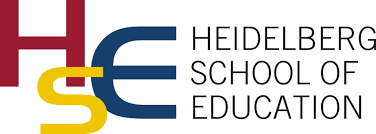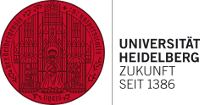Curricular Linking of Subject-Matter Didactics and Subject Science in a Seminar for Teacher Training Students in Biology
Integration and Cooperation Model in Comparison
Identifiers (Article)
Abstract
The goal of many projects of the Qualitätsoffensive Lehrerbildung is to establish a curricular linking of the subject-matter didactics (SD) and the subject itself (S), which can be implemented via so called connection models. One can distinguish between, inter alia, the integration model (contents of S are addressed in a SD-seminar) and the cooperation model (lecturers of SD and S coordinate contents of their different university courses). Based on the theoretical background of an offer-and-use-model of coherence in higher education, this contribution presents a SD-seminar on classroom topics regarding human biology which was first conducted on the basis of the integration model and then taught on the basis of the cooperation model one semester later. The accompanying evaluation focuses on comparing these two seminar groups with regard to their perception of the curricular linking and its effects on their experienced professional competence. Qualitative data show that the intensity (structural character) of the curricular linking and the degree (implicit – explicit) of which curricular linking is made the topic of discussion is perceived differently in the two seminar groups. Both groups assess the effects of the curricular linking very positively; however, the linking based on the integration model seemingly supports students’ pedagogical content knowledge in particular, whereas the linking based on the cooperation model more strongly supports the cognitive interconnection of pedagogical content knowledge and subject knowledge.Statistics
Published
2022-11-15
Section
Language
German; English
Keywords
Coherence, Curricular Linking, Cognitive Interconnection, Human Biology, Problem-based Learning






